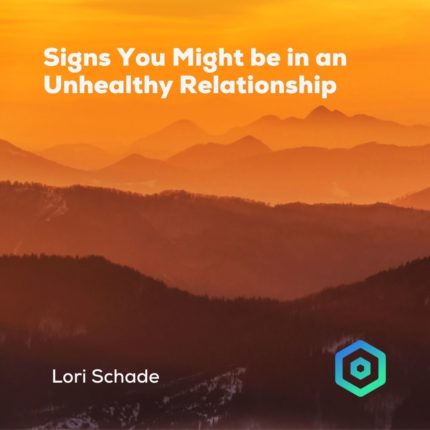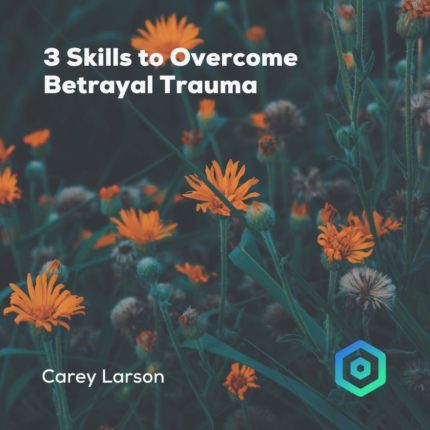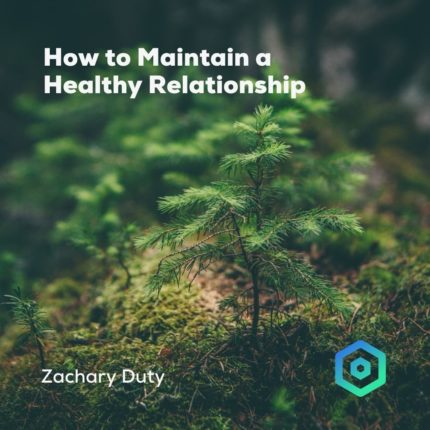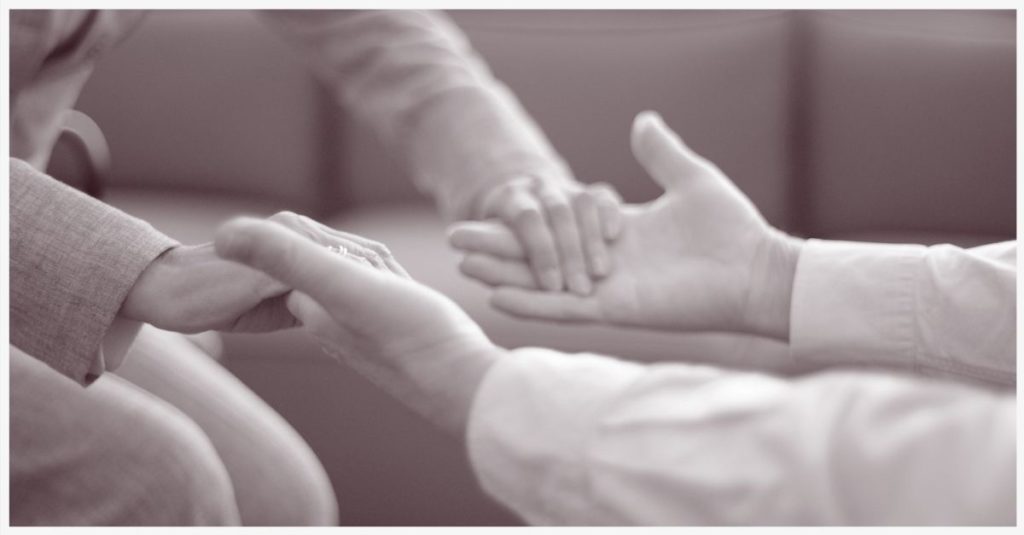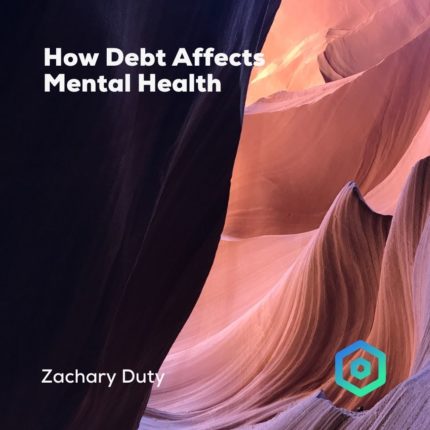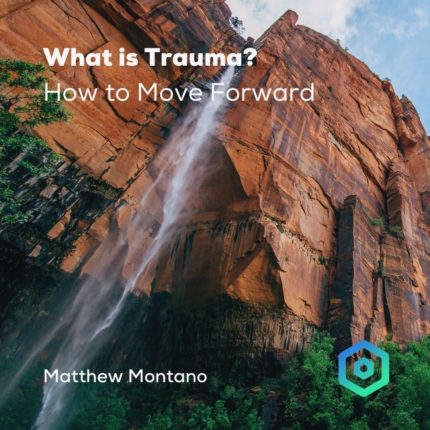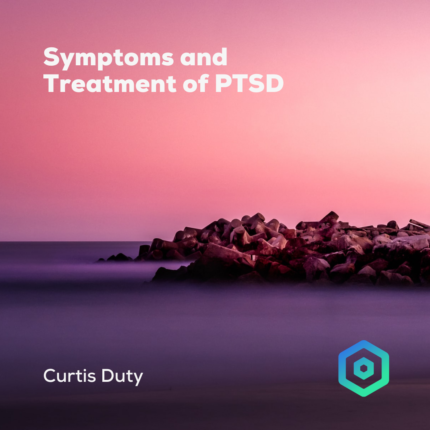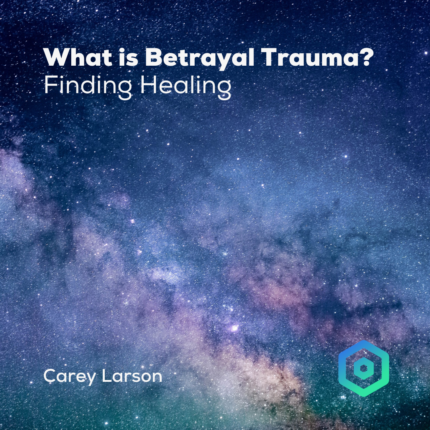How to Set Boundaries In Your Relationships
HOW TO SET BOUNDARIES IN YOUR RELATIONSHIPS
We often hear about boundaries — and we might even know we need them in order to have healthy, fulfilling relationships.
But amidst all the talk about boundaries, the three most important things about them are often overlooked. What are boundaries? How do we discover our own boundaries? Once we identify them, how can we set boundaries?
What are Boundaries?
Many people believe that a boundary is similar to a rule. They believe a boundary is something a person puts into place to prevent other people from treating them a certain way or behaving a certain way around them.
That’s Not How Boundaries Work.
If that were the case, we would all be expected to adjust our behaviors constantly, and big problems would happen when we all felt expected to follow someone else’s guidelines for our behavior.
Boundaries Are For You.
They are about what you will and will not allow in your space. They aren’t about you saying, “you’re not allowed to say that to me.” They are about saying, “I don’t spend time with people who say things like that.”
How to Discover and Identify Your Boundaries
How do you know what boundaries need to be in place in your relationship? It starts with identifying your needs. Humans have some basic needs, like food, clothing, and shelter. We also need to feel seen, understood, and loved. Of course, you want your partner to meet many of those needs, but often we may not know what feeling loved looks like for ourselves or our partners.
To help you discover your needs and boundaries, try this exercise I do with couples in my office. You can do this at home, with or without a partner.
- Write down details of your ideal life. These are your wants. Some examples are as follows:
- My partner and I cook dinner together.
- I never have to worry about picking up someone else’s dirty socks.
- We talk openly about finances.
- He brings me coffee in bed every morning.
- We don’t yell at each other.
- Look at each of those details above and think about why it is important to you. Write down the thing you value about each.
- My partner and I cook dinner together because it gives us the opportunity to talk about our day while sharing a necessary chore. It feels important because I don’t want to be responsible for looking after a long day because I know I’ll feel resentful about them resting while I do another thing that fools like work. Doing it together feels like we are partners. “I value partnership.”
- Not having to pick up after someone feels important because I like to have a clean house. “I value order.”
- Financial conversations? “I value security.”
- Coffee? “I value small gestures that help me feel taken care of.”
- Yelling? “I value emotional awareness and the ability to regulate emotions.”
- Based on those values, you can then write down the corresponding need for each. For example:
- I need my partner and me to work together to achieve our mutual goals.
- I need my space to feel calm.
- I need to know I am safe.
- I need to feel taken care of.
- I need calm, caring, thoughtful communication.
- From here, it’s easier to identify boundaries based on your needs. For example,
- “I need calm, caring, thoughtful communication; my boundary is that when someone communicates in a way that doesn’t align with my needs, I will model it by calmly stating my needs and asking for them to be met. Then, if the other person can’t or won’t behave in the way I need, I will remove myself from the conversation.“
How to Place Boundaries
As you can see from the exercise, your boundaries are based on your needs. One effective way to place boundaries is illustrated in step 4 above.
Note that our needs aren’t necessarily negotiable. Your boundaries can be moved and adjusted as you see fit, as long as your needs are met. Maybe you make your own coffee on weekdays, and coffee in bed becomes a sometimes treat. Maybe you decide that you need cleanliness, so you go ahead and pick up the socks without resentment.
Identifying needs is particularly helpful around things that could lead to arguments or resentment. For instance, a lot of couples disagree about the right way to load the dishwasher:
I have a need to know the dishes are thoroughly clean and safe to eat off of. In the past, this has resulted in me micro-managing the dishwasher situation. When my husband and I got married, I learned that he loads the dishwasher in a way that made me cringe and struggle to understand how it was possible to do something in such a wrong way.
So here are my needs: clean, safe dishes, peaceful mind, happy home, kind expression and communication of emotions, and having a husband who knows he is loved and appreciated. With those needs in mind, this is how we navigate: He does the dishes. I appreciate him doing the dishes. If I looked in the dishwasher, I would feel tempted to rearrange or re-wash and would likely feel fear and resentment. So I just don’t look. The dishes are clean and put away and I don’t worry about how that happens, I just appreciate that it does. He appreciates that he gets to contribute to household chores. He also appreciates that I’m happy and appreciative.
Keep in mind this is a choice I make. I could also choose to point out how “wrong” his dish loading style is. I could demand he do it the “right” way. My boundary here is all about me and protecting my energy. So my boundary is that I don’t open the dishwasher.
Now that we understand boundaries better, how to discover them with our needs, and how to place them, we’re equipped to make our needs known while strengthening our relationships.
Struggling to Set Boundaries In Your Relationships? Get Help Today
Mental health challenges can affect your relationships and make it hard to identify, set, and maintain healthy boundaries. If you’re struggling to set boundaries due to mental health challenges in your life but can’t afford help, contact the Overt Foundation now. The Overt Foundation subsidizes mental health treatment for those in our community that can’t afford it. We are ready to help you today.
About the author: Aimee Clements-Hadfield, MSW, CSW, CFLEp is a mom in a family with five adult children, one princess dog, and a super supportive husband. She founded and owns Hearten House, a multi-modal hub for healing in Salt Lake City, and works as an experiential therapist in various roles around Utah. She has advanced clinical training in psychodrama, group psychotherapy, and family systems. Her academic background is in Family Science and Social Work and her passion is re-imagining mental health care delivery to improve outcomes and increase the wellbeing of families and communities. Her hobbies include travel, letting her inner five-year-old dress her, and making art. Want to know more? Visit her on the web.


